The state of the Internet of Things in the Middle East
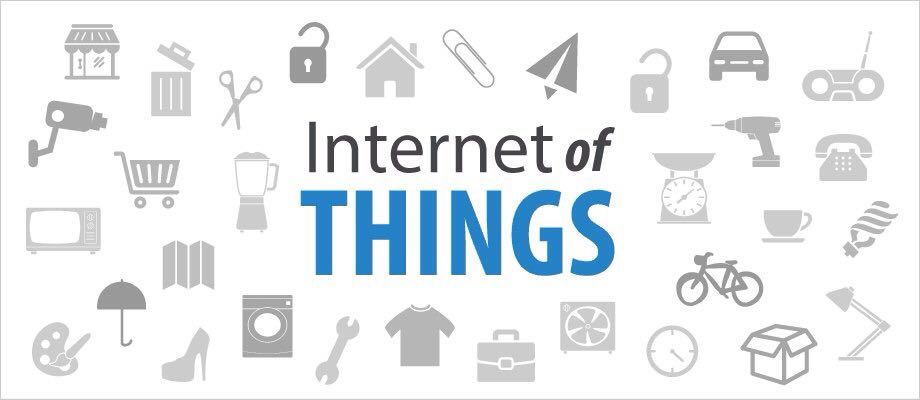
The Middle East is rapidly getting involved in all modern software and app development trends and of course, the Internet of Things (IoT) presence is also very strong in the region. Before I discuss the state of the IoT in the Middle East, I would like to remind you why it matters so much and what benefits IoT brings to the region.
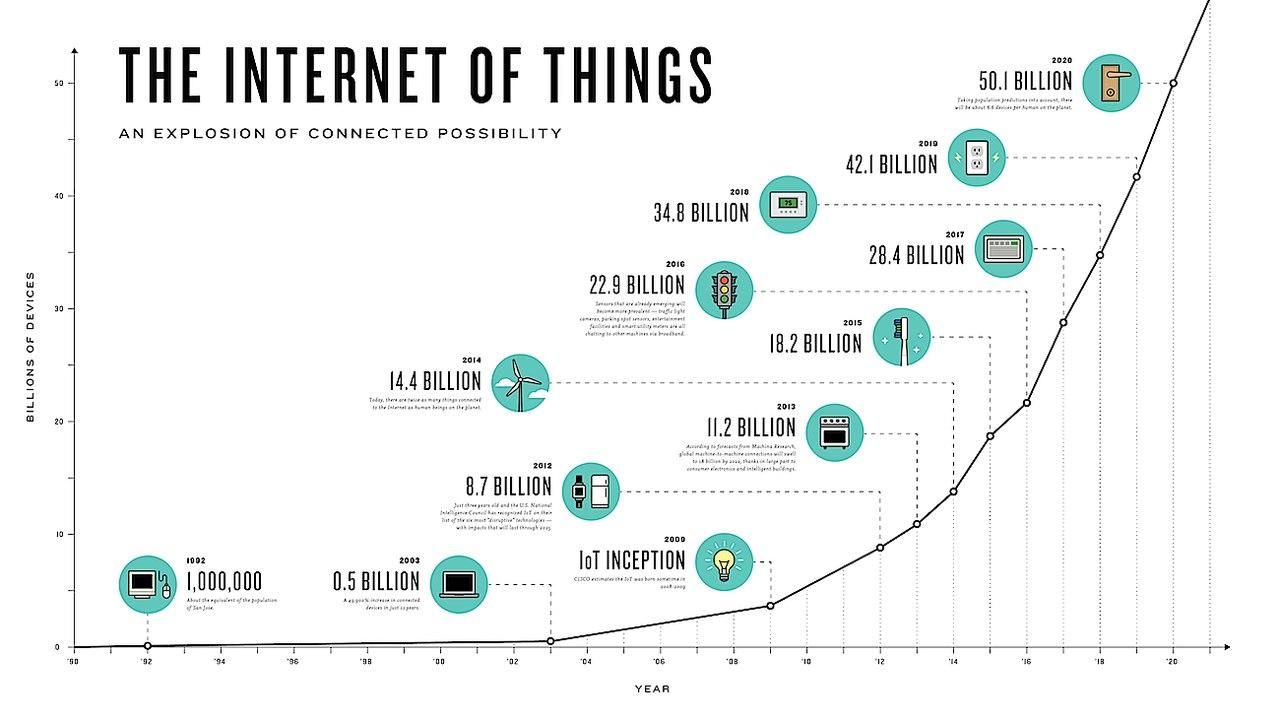
What is IoT and why it’s so important
The Internet of Things is all about connectivity between different objects and their ability to transfer the data over different networks. The basic example would be a digital thermostat that measures the temperature of the surrounding and then transmits this collected data to landscape digital Sprinkler that regulates the amount of water for the crops depending on the temperature index.
The best thing about IoT is that it can turn almost any device into “smart Gear ” and there are hundreds of ways to deploy IoT to every part of our life. Nowadays it is widely used in medical field where “ Smart Gears” measure and indicate the state of the patients and based on the collected data it can perform certain actions like notifying the medical staff or call an ambulance .The medical field is not the only sphere where you can apply this technology. Finance, manufacturing, transportation – all that can be revolutionized with the Internet of Things and of course there are numerous advantages in IoT use.
First of all, the use of IoT allows to collect more precise and accurate data, and since data is the king, you will have more tools and more information to work with. The acquired data is a source of valuable insights, like customer behavior, user habits, etc. And knowledge empowers progress.
Secondly, IoT can greatly increase work efficiency. Because a lot of processes can be automated that means companies can save a lot of time, resources and cost and at the same time allocate manpower to more delicate tasks.
Finally, IoT is the key to the smart city concept and making people’s lives happier and better. If citizens enjoy their living and surroundings, it will enable the government to greatly improve the state of living.
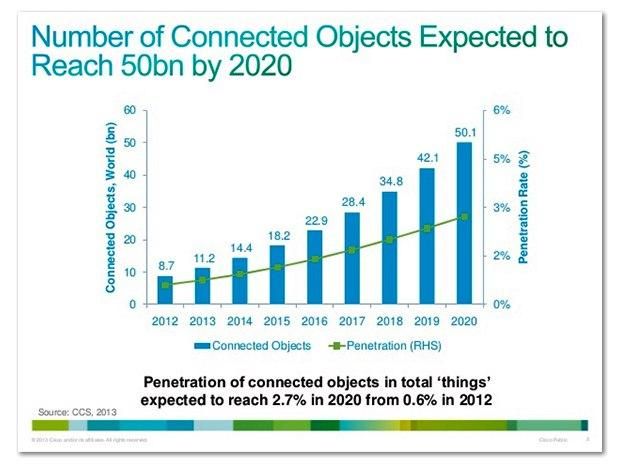
IoT in the Middle East
Among the Middle East countries, the UAE was a pioneer in the field of digital adaptation of IoT and Dubai is believed to be among the first prototypes for the smart city approach to life, which has been announced as Smart Dubai.
The industries that will see the most of IoT spendings are manufacturing and transportation being one of the most important industries for the citizens and for the overall economic state. Because IoT enables the companies to digitalize their operations, this leads to impressive saving of costs, time and resources also being of the smart city components. For example, manufacturers will be able to use intelligent tools, like sensors and robots to perform certain action with no need for the manpower thus allowing people to focus on more complex tasks.
Another important sector is education and UAE is already digitalizing it as well. A lot of schools use digital chalkboards and cloud services and IoT is used to access live data, which helps making lessons more enjoybale and interactive. IoT is also great for students with special needs: for example, students with hearing problems can use special cards that automatically read the text for them and that’s just one example.
Transportation will also see changes due to the IoT integration. The Road and Transportation Authority (RTA) plan to improve public transport system through the Internet of Things. In the terms of smart city, people will be able to interact with urban systems and, for example, effortlessly find free parking lots.
Because UAE is taking lead in digital adaptation, one can expect that it will have the highest contribution to the IoT investment in the Middle East region for the year of 2017 and the overall spend for MEA (Middle East and Africa) is estimated to be around $8 billion.
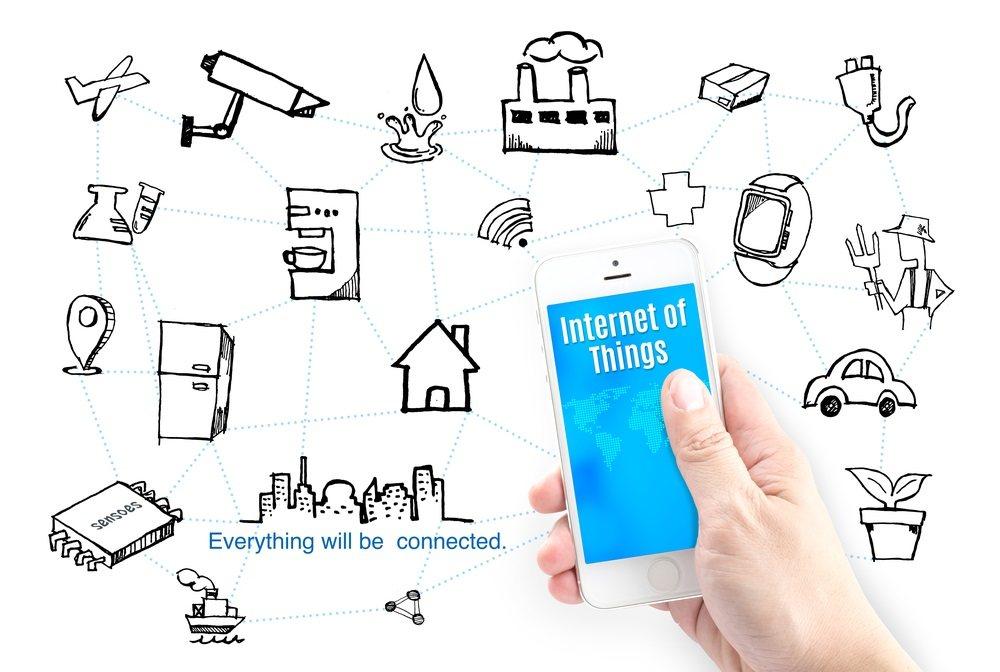
Another important thing to mention here is financial sector and the changes the IoT can bring to it. Of course, financial sector is one of the most important on the governmental level and thus it is of prior interest to improve it. Internet of Things has a number of benefits in terms of financial sector, such as increased cyber-security, predictive analytics and overall payment protection. All that can be achieved with the implementation of e-payment systems on the wider level, enhancement of security of transactions and integration of innovative payment mechanisms.
Great example here would be MasterCard and its secures and contactless payment via Samsung Pay. The card holders of selected banks in UAE are able to use Samsung Pay at Point of Sales terminals and perform contactless payment operations that are 100% secure and quick. The system is based on Near-Field Communication technology and Magnetic Secure Transmission and is another step in turning UAE into a leader in the digital sphere.
And what about oil and gas, one of the most important UAE assets? Predictive analytics, work with Big Data and more accurate information gathering can significantly improve the decision-making process, helping analytics in distributing assets and resources in more efficient manner.
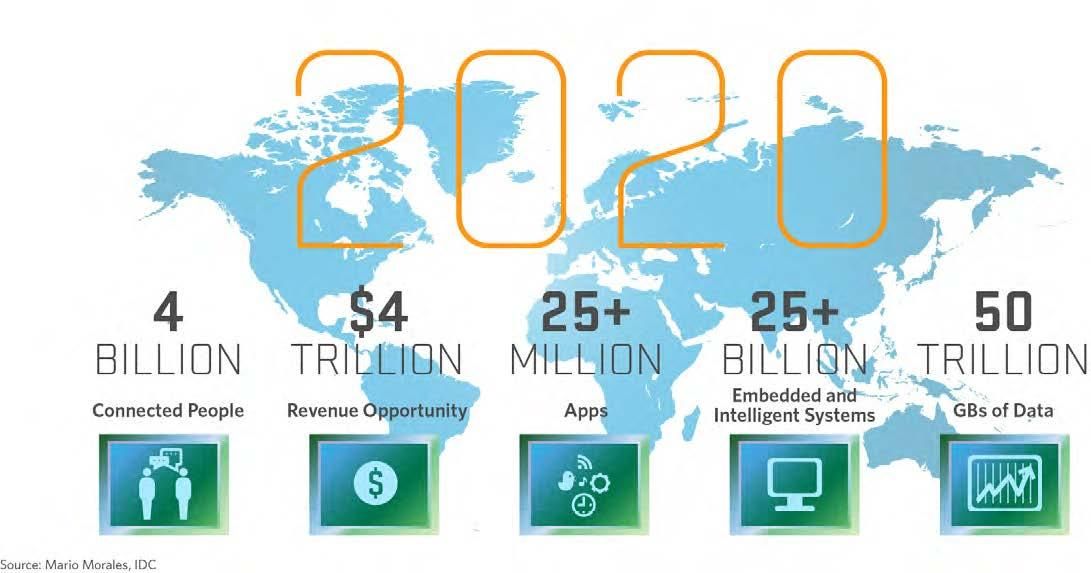
The IoT implementation and future
While IoT is without doubt something that can significantly improve our lives, one should remember that such changes cannot be done within short period of time.
Smart Dubai is aiming to become “the happiest city in the world” by 2020 and there are already many significant changes that took place. Alongside with improving the citizens quality of lives and digitalizing a lot of processes, the government also takes action in saving energy and resources with smart energy initiatives. One of such initiatives is Smart Grid and Meter based on IoT and it aims at reliable delivery of electricity and water services to Dubai citizens. Smart Grids include smart electricity, automated distribution and water meters and the platform is 100% scalable in order to implement new services in the future.
Speaking about software and app development companies in UAE, the IoT use could be a huge and even a breakthrough competitive advantage for them. If a mobile app development company creates an app that would help you remotely control your garage, imagine how many users it can acquire? And that’s just one example.
Mobile app development market in Middle East is overall very big and covers a lot of industries. For the last few years the use of smartphones and mobile apps increased drastically and the average user is rapidly shifting from desktop to mobile. That means that app development companies have to adapt to and consider the user behavior upon developing their apps to ensure it will meet all the user needs. And IoT can play a big role here because it can change the way users interact with their environment and common objects like water boilers or home heaters. Think of a way you can make their lives better and offer it to them. That’s the key to become a truly leading software development company.
In order to become part of the IoT wave one has to:
- Keep an eye on the trends and news: stay as informed as possible
- Always proact rather than react: in order to become an innovator you have to think few steps in advance
- Build a team of professionals that are ready for a challenge: IoT demands a lot of creativity and enthusiasm
- Outline the areas you are excellent at and what you can offer to the market
- Don’t be afraid to try! Only those who are not afraid to fail can succeeed.
So what we can say to app companies in Dubai and the rest of Middle East: carefully think of your strengths and think of a smart way to integrate them with IoT technology. There is still a lot about Internet of Things that companies can learn and try so maybe your next app will become a truly innovative one.